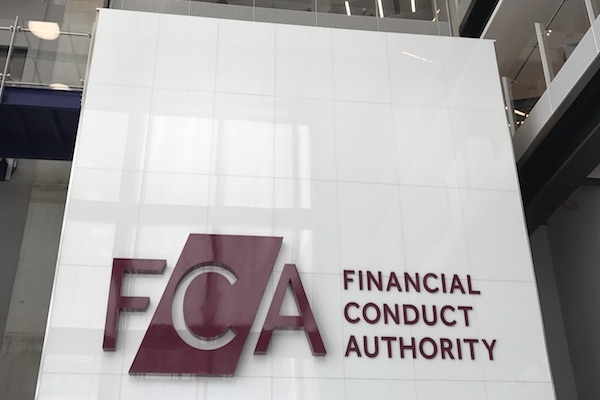Citigroup Global Markets Limited (CGML) has been hit today with two fines by UK financial regulators totalling nearly £62m.
The FCA has fined Citigroup Global Markets Limited (CGML) £27,766,200 after failures in the firm’s systems and controls led to $1.4bn (£1.1bn) of equities being sold in European markets when they should not have been.
Separately, the Prudential Regulation Authority (PRA) has also imposed a financial penalty of £33,880,000 on CGML following its own investigation into the firm’s trading controls.
The fines result from the failure of CGML’s trading control framework to stop an erroneous trade in 2022, a so-called 'fat finger' error.
On 2 May 2022, a CGML trader had intended to sell a basket of equities to the value of $58m (£45.5m). The trader made an inputting error while entering the basket in an order management system. This resulted in a basket to the value of $444bn being created.
CGML controls blocked $255bn of the basket progressing but not the remaining $189bn (£148bn) which was sent to a trading algorithm. The algorithm selected was designed to place portions of this total order to be sold in the market over the rest of the day.
In total $1.4bn (£1.1bn) of equities were sold across European exchanges, before the trader cancelled the order. This coincided with a material short-term drop in some European indices which lasted a few minutes.
While parts of CGML’s trading control framework operated as CGML expected, the FCA said some primary controls were absent or deficient. There was no hard block that would have rejected this large erroneous basket of equities in its entirety and prevented any of it reaching the market.
The trader was also unable to manually override a pop-up alert, without being required to scroll down and read all the alerts within it.
The FCA added that firm’s real-time monitoring was ineffective, which meant that it was too slow to escalate internal alerts about the erroneous trades.
Steve Smart, joint executive director of, enforcement and market oversight at the FCA, said: "The FCA expects firms engaged in trading activities, including those using algorithmic trading, to have effective systems and controls in place to stop errors like this occurring.
"These failings led to over a billion pounds of erroneous orders being executed and risked creating a disorderly market. We expect firms to look at their own controls and ensure that they are appropriate given the speed and complexity of financial markets."
CGML did not dispute the FCA’s findings and agreed to settle, which means it has qualified for a 30% discount.
The FCA found that CGML breached Principle 2 of the FCA Handbook (which requires a firm to conduct its business with due skill, care, and diligence), Principle 3 of the FCA Handbook (which requires a firm to take reasonable care to organise and control its affairs responsibly and effectively, with adequate risk management systems) and Rule 7A.3.2 of the Market Conduct part of the FCA’s handbook known as MAR (which requires firms that engage in algorithmic trading to have in place effective systems and controls, suitable to the business it operates).
CGML is regulated by the PRA for prudential purposes and by the FCA for conduct matters.

